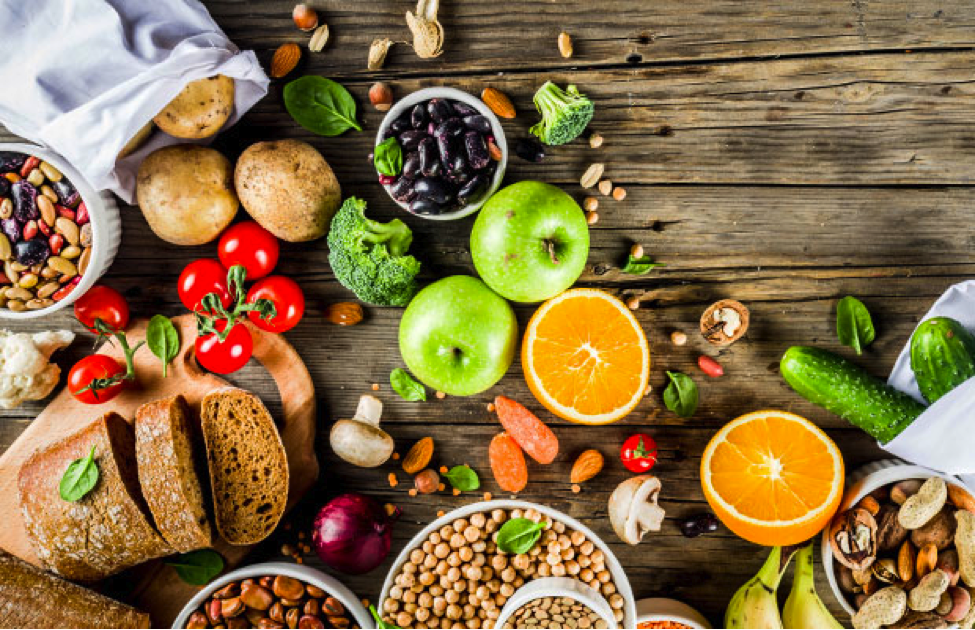
Last month I wondered what people were doing in their daily lives to be “part of the solution” to the climate crisis that could provide some inspiration for us all.
To rise to the challenge, first and foremost we will need to live consciously – that means putting a climate lens on the way we live our life and on the choices we make on a daily basis.
Since food is a major focus in our lives, lets look at how our food choices have a massive impact on our planet. Our global food system is responsible for more than one-third of global greenhouse gas emissions. Agriculture takes up a lot of land and destroys forests and other ecosystems, so if we can reduce the impact of agriculture, it is a big win for the planet.
We have all heard of plant-based vegetarian and vegan diets, that not only reduce the carbon footprint, but are also healthier for us.
Now, there is a new concept as a response to the climate crisis, for which all of us need to take responsibility. It is called the “Climatarian Diet”, which is healthy, climate friendly and nature friendly. This diet avoids beef and lamb, but does allow pork, poultry, fish, dairy products and eggs. It encourages us to drastically cut down on meat overall, choose responsibly-produced and local meat where possible, avoid food waste and consume seasonal, local foods. Eating more locally-produced foods with lower meat content can drastically reduce food miles, which in turn reduces greenhouse gas emissions as well as providing many well-known health benefits. And growing our own food as much as possible checks all of the boxes above.
Climateq, a British based organization, dedicated to driving down energy consumption and carbon emissions reminds us that “…animal-based foods generally tend to have a higher carbon footprint than plant-based foods. CO2 emissions from most plant-based products are often 10 to 50 times lower than those from animal-based products. This is because farming, transport, and packaging requirements are usually less demanding for these smaller products. More specifically, red meats are especially bad for the environment, with beef generating one of the highest carbon footprints by far due to heavy farming and land-based emissions.”
Climateq listed some of the key foods from highest to lowest, based on their carbon footprint (CO2e) which helps to put the choices into perspective:
- Beef– 60kg CO2e per kg
- Cheese– 21kg CO2e per kg
- Poultry– 6kg CO2e per kg
- Fish (Farmed)– 5kg CO2e per kg
- Nuts– 0.3kg CO2e per kg
The largest difference you can make in your diet to decrease your carbon footprint is by going ‘red meat and dairy-free’ (not totally meat-free) one day per week – then gradually introduce meatless days more often. Even one day per week would achieve the same difference in carbon emission as having a diet with zero food miles. So why not give it a try!
We have all heard that we are in a time of crisis with climate change, so our future and that of our children depends on what we eat and these choices can make a huge difference. A good place to start for all of us is to aspire to be “climatarians.”
Be sure to sign up for information on our events at transitioncornwall.com
British Heart Foundation: “Eating a variety of plant-based foods and pulses can give you all the protein you need’







